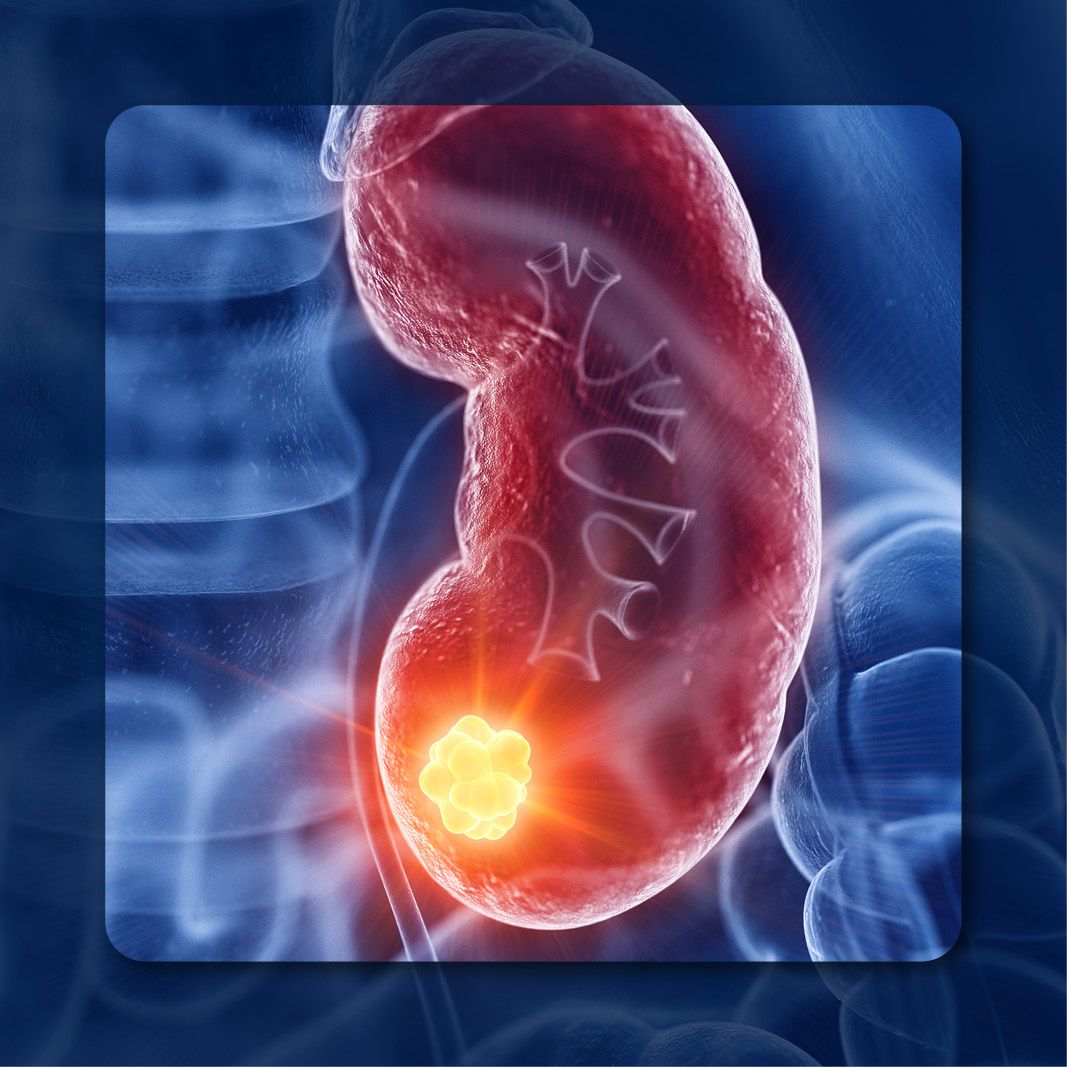Commentary
Video
Dr Drakaki on Nivolumab/Ipilimumab in Advanced RCC With Sarcomatoid Differentiation
Author(s):
Alexandra Drakaki, MD, PhD, discusses nivolumab plus ipilimumab in the treatment of renal cell carcinoma with sarcomatoid differentiation.
Alexandra Drakaki, MD, PhD, associate professor, Division of Hematology-Oncology, David Geffen School of Medicine, University of California, Los Angeles, discusses the role of combination therapy with nivolumab (Opdivo) and ipilimumab (Yervoy) in the treatment of advanced renal cell carcinoma (RCC) with sarcomatoid differentiation.
Nivolumab plus ipilimumab has demonstrated efficacy in patients with advanced RCC, including those with sarcomatoid features. Drakaki notes that this aggressive histologic subtype is associated with poorer prognosis.
Updated data from the phase 3 CheckMate 214 trial (NCT02231749), which evaluated nivolumab plus ipilimumab vs sunitinib (Sutent) in the first-line setting, demonstrated that patients in the overall population treated with the combination therapy achieved a median overall survival (OS) of 52.7 months compared with 37.8 months for those given sunitinib.
In a post hoc analysis, at a median follow-up of 42 months for those with sarcomatoid RCC and intermediate- or poor-risk disease, the median OS was not reached (NR; 95% CI, 25.2-not estimable [NE]) in patients treated with the combination (n = 74) vs 14.2 months (95% CI, 9.3-22.9) for those given sunitinib (n = 65; HR, 0.45; 95% CI, 0.3-0.7; P = .0004). The median progression-free survival was 26.5 vs. 5.1 months, respectively (HR, 0.54; 95% CI, 0.33-0.86; P = .0093). The respective confirmed overall response rate was 60.8% with nivolumab plus ipilimumab compared with 23.1% with sunitinib, including respective complete response rates of 18.9% and 3.1%.
Drakaki explains that RCC with sarcomatoid differentiation is particularly challenging to treat due to its aggressive clinical nature and potential resistance to certain therapies. The combination of nivolumab and ipilimumab targets both the PD-1 and CTLA-4 pathways, which could enhance the immune response against these aggressive tumor cells.
Drakaki concludes that the efficacy of nivolumab and ipilimumab in RCC with sarcomatoid differentiation highlights the value of dual immunotherapy for this difficult-to-treat subset of patients. The improved survival and ORR observed in this subgroup during the CheckMate 214 trial reinforce the rationale of targeting PD-1 and CTLA-4 pathways in patients with sarcomatoid RCC, underscoring the need for future research to refine patient selection and optimize outcomes in this high-risk patient population.


















%20(2)%201-Recovered-Recovered-Recovered-Recovered-Recovered-Recovered-Recovered-Recovered-Recovered-Recovered-Recovered-Recovered-Recovered-Recovered-Recovered-Recovered-Recovered.jpg?fit=crop&auto=format)
%20(2)%201-Recovered-Recovered-Recovered-Recovered-Recovered-Recovered-Recovered-Recovered-Recovered-Recovered-Recovered-Recovered-Recovered-Recovered-Recovered-Recovered-Recovered.jpg?fit=crop&auto=format)
